
Bengaluru, May 27: Karnataka got a full cabinet on Saturday, with 24 Congress MLAs taking oath as ministers, a week after chief minister Siddaramaiah, deputy chief minister DK Shivakumar and eight other ministers were sworn in.
The Congress on Friday announced the names of 24 more ministers, taking the strength of the cabinet to 34, the maximum allowed under the law.
Of the new names, six hail from the Lingayat community, four from the Vokkaliga community, three from scheduled castes, two from scheduled tribes, and five from other backward classes. The Muslim, Jain, Brahmin and Namdhari Reddy communities have one representative each in this list. Only one woman is part of the cabinet.
The announcement came after four days of hectic deliberations between Siddaramaiah, Shivakumar and the Congress leadership in Delhi, attempting to strike a balance between the aspirations of leaders from different castes, regions and allegiances. This was made particularly tricky given the Congress’s impressive victory, the best in the state since 1989, winning 135 seats in the 224-member assembly.
Here's the list of ministers who took oath:
HK Patil
Krishna Byre Gowda
N Cheluvarayaswamy
K Venkatesh
HC Mahadevappa
Eshwar Khandre
Kyathasandra N. Rajanna
Dinesh Gundu Rao
Sharanabasappa Darshanapur
Shivanand Patil
Timmapur Ramappa Balappa
SS Mallikarjun
Tangadagi Shivaraj Sangappa
Sharanaprakash Rudrappa
Patil Mankal Vaidya
Laxmi R Hebbalkar
Rahim Khan
D. Sudhakar
Santhosh S Lad
NS Boseraju
Suresha BS
Madhu Bangarappa
Dr MC Sudhakar
B Nagendra





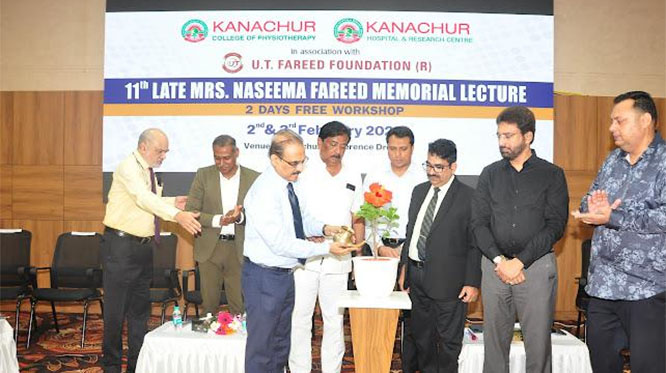
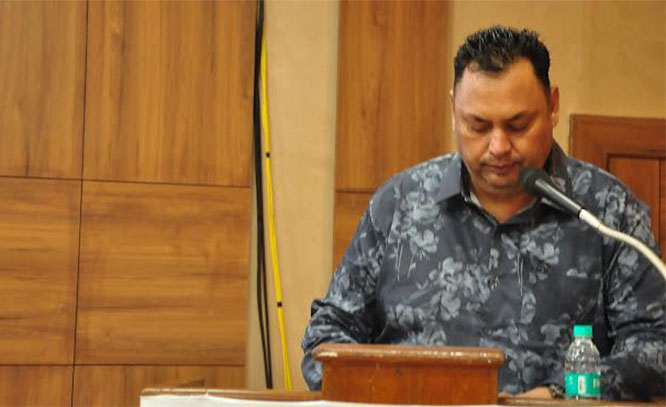
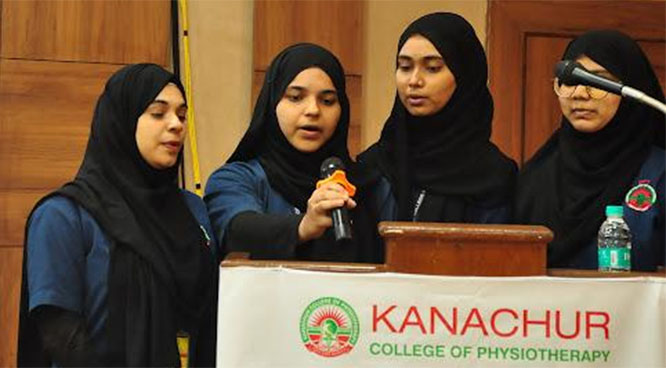
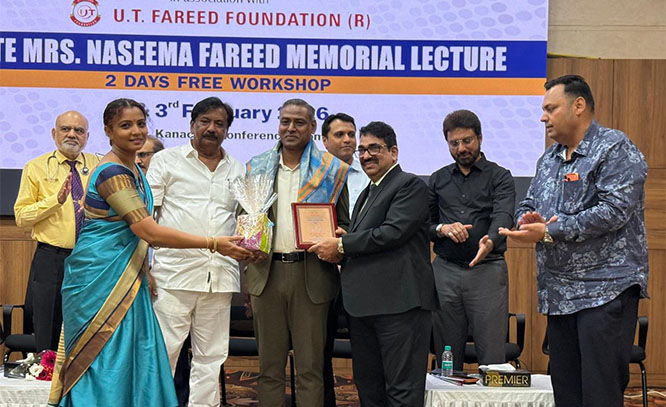
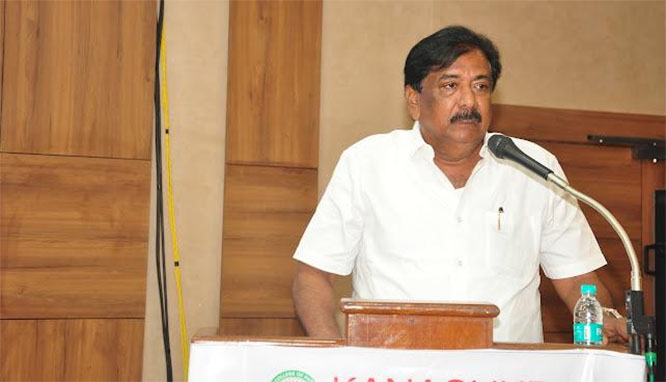
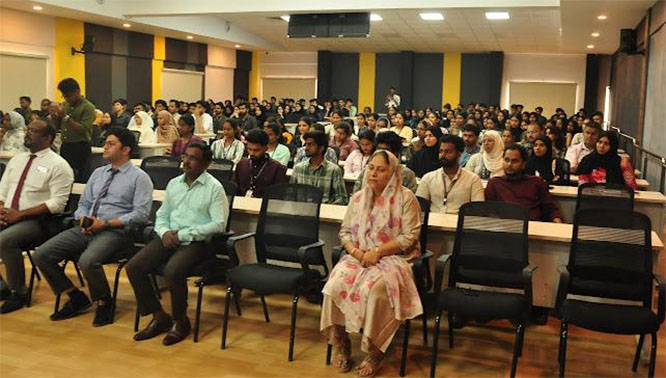
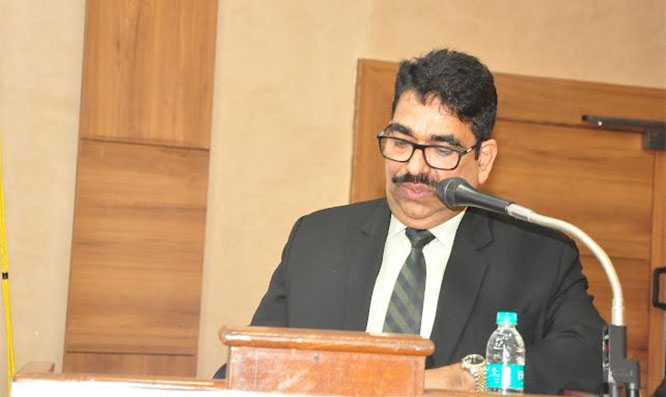
Comments
Add new comment